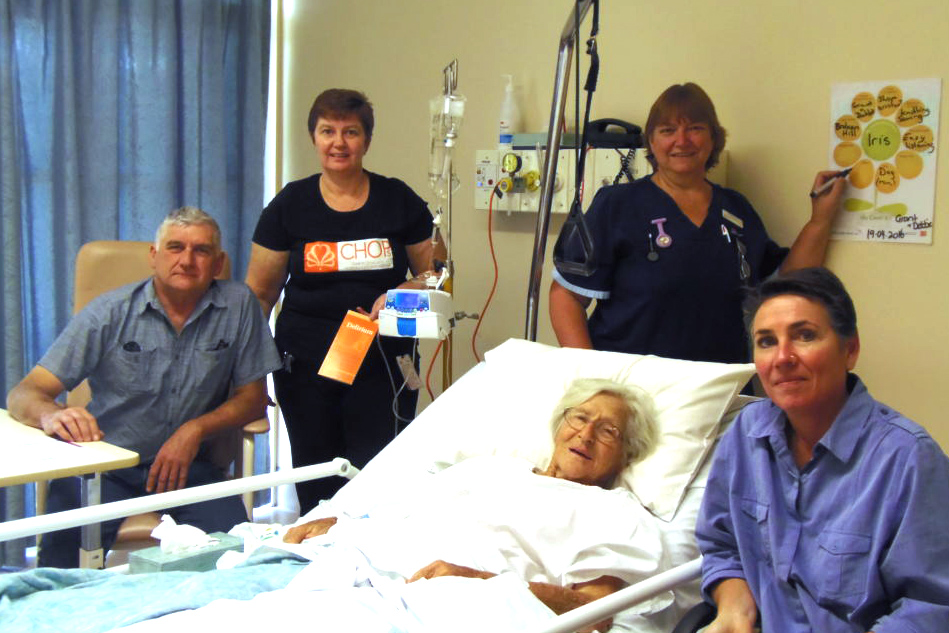Hospital model responds to people with dementia
Hospital model responds to people with dementia
‘Implementation of a model of care for hospitalised older persons with cognitive impairment (the Confused Hospitalised Older Persons program) in six New South Wales hospitals’ examines the effectiveness of this program to improve outcomes of people with cognitive impairment when admitted to hospital.
There is a need for hospitals to have proven evidence-based procedures to manage people with delirium as more than 30% of patients aged 65 years and over present with cognitive impairment.
A pilot study of the CHOPs program resulted in the development of seven key principles. These principles provide a framework for hospitals in the areas of clinical practice and strategies for implementation and sustainability of the program into practice.
The evaluation of the implementation of CHOPs program across six NSW Hospitals found that all six hospitals implemented several of the CHOPs key principles. Significant improvement in cognitive screening, risk identification, assessment and the management of cognitive impairment, plus communication with carers, were found. Improvements in staff knowledge and confidence, plus environmental changes, occurred.
The article describes that to successfully embed the CHOPs principles into the hospital system time was required for education and training of staff. A culture of support for the implementation of the CHOPs program at an executive level and continuity of staff champions was identified as key to the level of success for improved outcomes of the patients.
A CHOPs Expert Advisory Group has been set up to support sustainability of the program in existing sites as well as new sites wishing to adopt the CHOPs principles. An additional six hospitals across NSW have now implemented CHOPs plus hospitals in Victoria and Queensland as well as internationally in Germany.
All resources for implementation of the CHOPs program and training are available on the Dementia care in hospitals webpage


